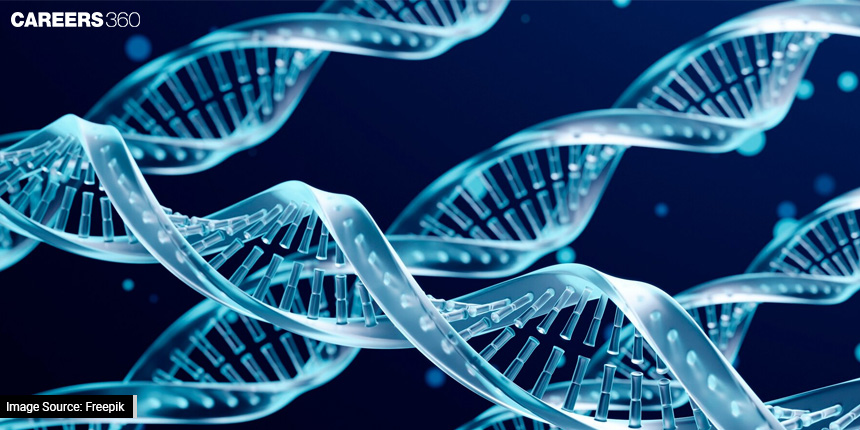Discover The Pattern Of Epigenetics: The Interaction Of Genes And Environment
The narrative of our genetic makeup has long been considered a linear script, encoded in the DNA sequence that we inherit. However, the story of our genes is far from static; it's a dynamic tale influenced by the environment in which we live. Epigenetics, a field at the forefront of genetic research, explores the complexities of this interplay, revealing how external factors can mould and modify our genetic expression.
This Story also Contains
- The Ballet of Molecules - Understanding Epigenetic Mechanisms
- From Womb to Tomb - The Lifelong Impact of Environmental Exposures
- Epigenetics in Health and Disease
- Navigating the Crossroads of Nature and Nurture

The Ballet of Molecules - Understanding Epigenetic Mechanisms
Epigenetics operates at the molecular level, orchestrating a ballet of molecules that influence how genes are expressed without altering the underlying DNA sequence. At the heart of these mechanisms are DNA methylation and histone modification.
DNA Methylation - The Silent Conductor of Gene Expression
DNA methylation involves the addition of a methyl group to the DNA molecule, serving as a molecular tag that often suppresses gene activity. This modification acts like a silent conductor, regulating which genes are turned on or off in response to environmental cues. Factors such as diet, exposure to pollutants, and stress can influence DNA methylation patterns, shaping our predisposition to various health conditions.
Histone Modification - Shaping the Chromatin Landscape
Histones are proteins around which DNA is wound, forming a structure called chromatin. Epigenetic modifications to histones can alter the accessibility of genes, influencing their expression. Like a sculptor shaping clay, histone modification moulds the chromatin landscape in response to environmental stimuli. This dynamic process plays a pivotal role in developmental processes, as well as in the body's response to external cues throughout life.
From Womb to Tomb - The Lifelong Impact of Environmental Exposures
Epigenetic modifications are not only responsive to the current environment but also bear the imprints of past experiences. The environment encountered during critical developmental periods, including pregnancy and early childhood, can have a lasting impact on epigenetic patterns. This imprinting can influence susceptibility to diseases later in life, underscoring the importance of understanding the lifelong consequences of environmental exposures.
Early Life Experiences - A Prelude to Epigenetic Symphony
Research suggests that experiences such as malnutrition, exposure to toxins, and stress during early life stages can lead to persistent changes in the epigenome. These changes may contribute to an increased risk of conditions like cardiovascular disease, diabetes, and mental health disorders in adulthood. Understanding the complexities of these early-life epigenetic events provides valuable insights into strategies for disease prevention and intervention.
Epigenetics in Health and Disease
The implications of epigenetics extend far beyond the realm of basic biological processes. Dysregulation of epigenetic mechanisms has been implicated in a myriad of diseases, including cancer, autoimmune disorders, and neurodegenerative conditions.
Cancer: The Erroneous Epigenetic Landscape
In cancer, abnormal DNA methylation patterns and histone modifications can lead to the silencing of tumour suppressor genes or the activation of oncogenes. Understanding these epigenetic alterations has not only deepened our comprehension of cancer biology but has also paved the way for the development of targeted therapies aimed at restoring normal gene expression.
Navigating the Crossroads of Nature and Nurture
Epigenetics invites us to appreciate the dynamic interplay between our genes and the environment, highlighting the plasticity of our genetic code. As we navigate the crossroads of nature and nurture, the study of epigenetics emerges as a key to unlocking the secrets of our genetic expression. From understanding the fundamental mechanisms to harnessing the potential for personalised medicine, epigenetics offers a profound glimpse into the intricate dance that shapes our biological destiny.
